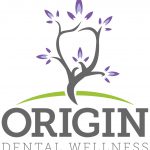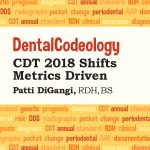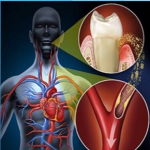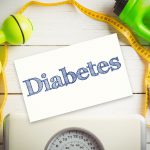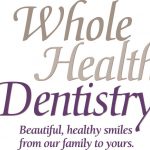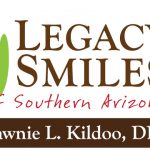
Dr. McGlennen: Tell me how do you use OralDNA® salivary diagnostics.
Dr. Kildoo: We perform a MyPerioPath® on every patient with signs of periodontal disease. It gives us a more accurate diagnosis and helps us understand possible risk factors for other systemic diseases, such as Alzheimer’s, diabetes and strokes. Recently, we have been sending the results to the patient’s physician to help them understand the oral-systemic connection, too.
Dr. McGlennen: What has been the physician’s ...
Read More

